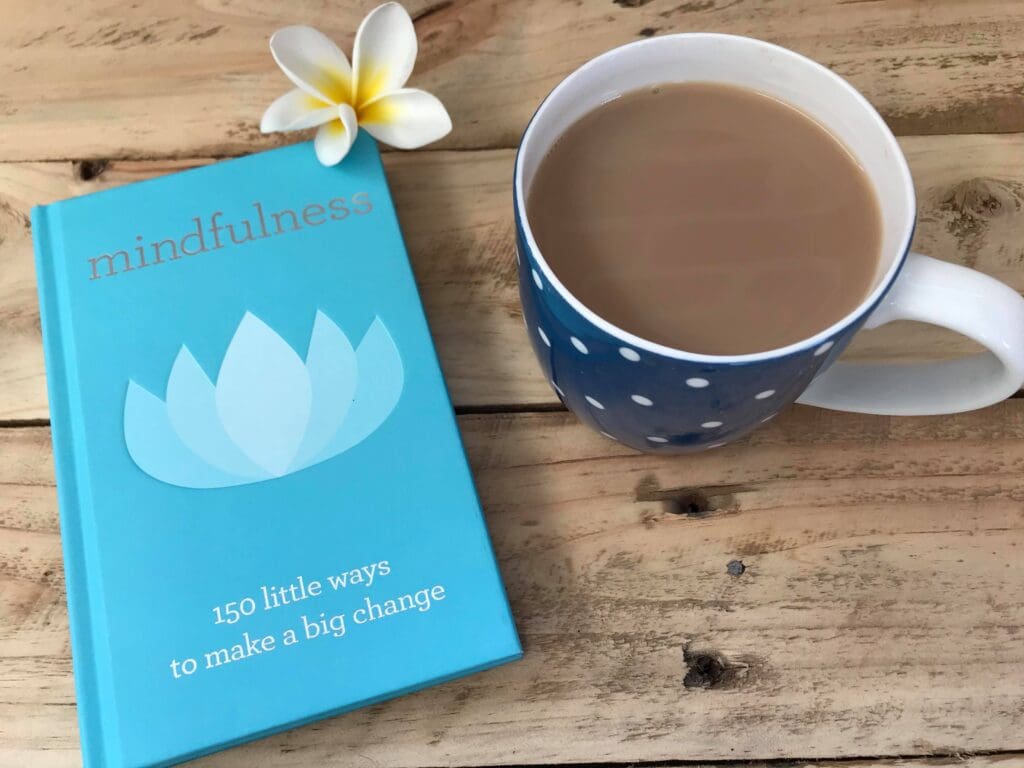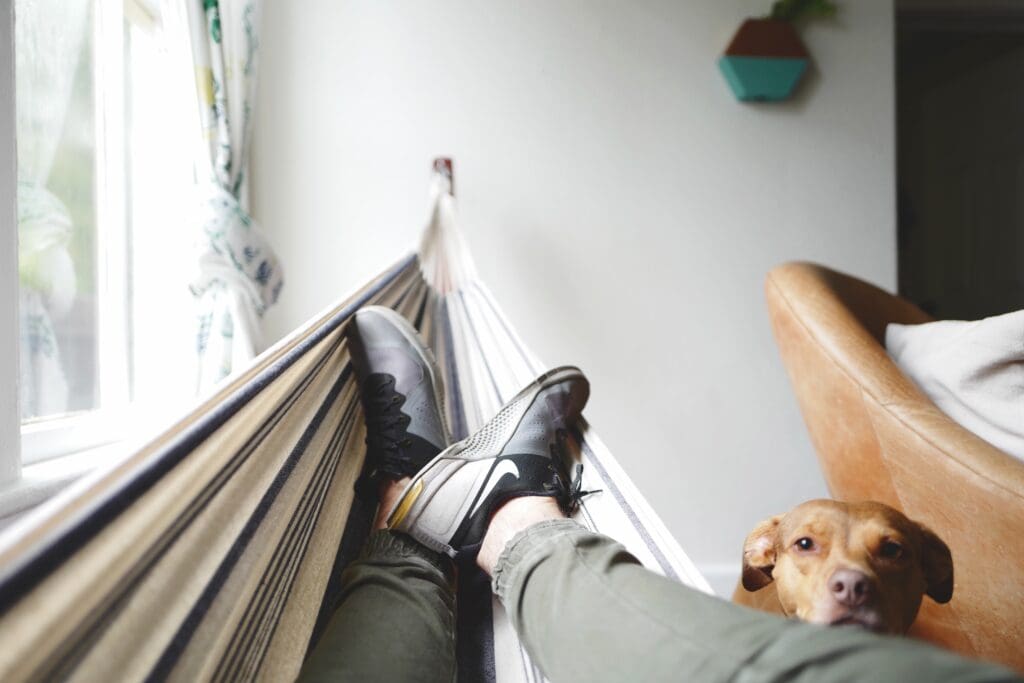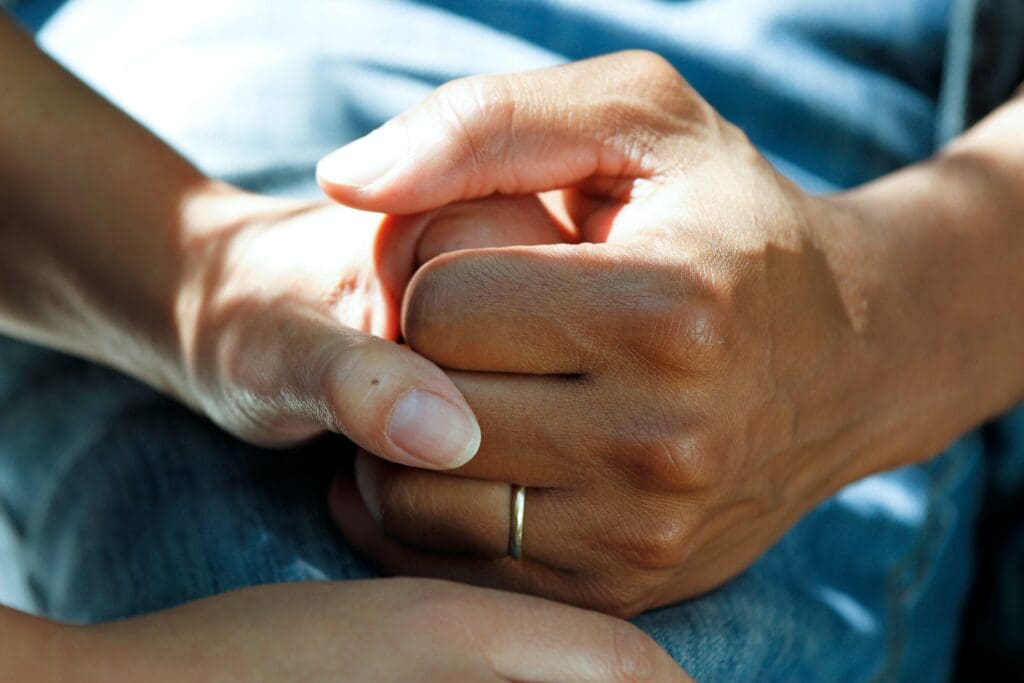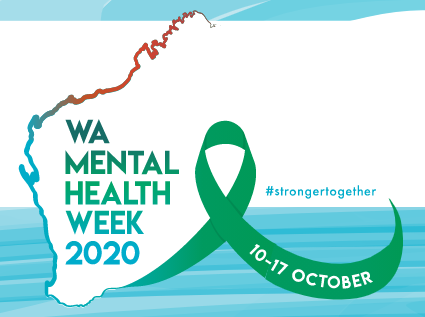Managing the uncertainty of COVID-19
Learning to cope with uncertainty is very important, particularly during the current pandemic we face.
The Coronavirus pandemic has forced a lot of change and uncertainty into our lives unexpectedly, so it is only natural to have anxious thoughts, feelings and behaviours, but it’s important we acknowledge and process our thoughts in a healthy manner, to allow us to cope during these uncertain times.
Recognise your anxious thoughts and behaviours. It can be easier to recognise an anxious mind and its thoughts, than to be aware of anxious behaviours. Subconscious behaviour as a result of anxiety will vary from person to person, but commonly displays as irritability, short temperedness, exacerbated emotions, grinding of teeth, tensing of the jaw, headaches and stomach aches. Learning to recognise anxiety caused by uncertainty is the first step toward coping.
Don’t ignore it. Acknowledge your thoughts and feelings. Allow yourself to question what, in particular, is troubling you. Thinking of COVID-19 as one big problem can be extremely scary and overwhelming, but breaking it down into smaller, more conceivable, concerns can help make it less daunting, allowing you to process your thoughts, emotions and behaviours in a healthy manner. Some activities that might help you put your concerns into perspective are by;
- Knowing the facts. Limit social media intake and only seek facts from reputable news providers;
- Focusing on the now and practicing mindfulness. Don’t let your mind race to ‘what if’, instead think of right now;
- Replacing negative or catastrophising thoughts with positive or best case scenario ones;
- Writing your concerns down, or;
- Saying them aloud. Talking to a friend, family member or a professional is a proven coping mechanism.
Take back control. The anxiety we experience from uncertainty is commonly driven by a lack of control. Take back control by focusing on things within your control, like routine. Maintain or create a routine that is healthy for your mind and body. Having predictable rhythms in your day can be very calming and reassuring.
Routines can include:
- Consistent and regular times for waking, exercise, meals and bed times;
- Making time for relaxation and mindful activities, to include positive self-talk and self care;
- Scheduling virtual (remote) catch-ups with friends or family to stay connected;
- Planning your days/ weeks work and leisure activities.
Fun is your friend. Don’t let anxiety take the fun out of life. Always make time for the things you love in life, like; you, family, friends, smiling, dancing, music, whatever it is! Enjoy the little things, and rationalise the big and scary things.
The mind is a powerful tool. Our thoughts are seeds, and we can choose which thought seeds we nurture and give life to.
Written by Lorraine Sindel











